Jennifer Garner and Ben Affleck’s fifteen-year-old daughter, Seraphina Rose, appeared to come out as transgender last weekend. The chosen venue for this announcement? Her grandfather’s funeral. The young lady recently got a buzz cut and wore a black suit to the memorial service, at which she introduced herself to the audience with her new name before reading a Bible verse.
“Hello my name is Fin Affleck,” she told the grieving audience.
The intent is not to beat up on Miss Affleck here — she is a minor and is clearly going through a lot. She is the middle child of parents who went through a very public and messy divorce with allegations of infidelity and alcoholism. Her father has since gotten remarried to an old flame. All of this happened during some of her most formative years, between the ages of nine and thirteen. To an outsider, her behavior might seem like a stereotypical teenage cry for attention.
What is quite peculiar about Seraphina/Fin’s announcement is that Jennifer Lopez, who married Ben Affleck in 2022 and is Seraphina/Fin’s stepmother, has a “nonbinary” child. Lopez revealed a couple of years ago that her daughter, Emme Maribel Muniz, uses they/them pronouns. Seraphina/Fin and Emme are reportedly close friends and are routinely pictured spending time together.
The Affleck/Lopez kids are far from an anomaly in Hollywood. Actress Jamie Lee-Curtis announced in 2021 that her twenty-eight-year-old son identifies as a woman named “Ruby.” NBA star Dwyane Wade and actress Gabrielle Union are raising a transgender daughter, Zaya. Sigourney Weaver, Charlize Theron, Cher, Busy Phillips, Tori Spelling, Cynthia Nixon, Ally Sheedy, Annette Bening and Warren Beatty, Sade, Marlon Wayans, David Tennant and Megan Fox have all publicly shared that their children identify as transgender or non-binary.
This evidence may be anecdotal, but it nonetheless seems strange that there are so many celebrities with visible transgender children — and in the case of Affleck/Lopez, that there might be two in the same family. What are the odds of that?
We’ve learned through the tireless research of people such as Abigail Shrier that transgenderism has become a social contagion among young people, particularly young girls. Children learn that they can get attention — whether positive or negative! — from their parents and status among their peers if they announce a new identity. It doesn’t seem like a stretch to suggest that children who grow up in the type of wealthy, liberal enclaves that accept gender theory and who simultaneously struggle with growing up in a parent’s shadow might see “transgender,” “queer” or “nonbinary” as a useful label. Celebrities may also reinforce this behavior because 1) they don’t want to appear un-“woke” to their friends and 2) publicly supporting an LGBTQ child earns them positive media coverage and a new fan base.
Alas, the Seraphina/Fin Affleck story comes at a difficult time for the trans activist movement.
This morning, Dr. Hilary Cass published her final report on the current treatment options for gender dysphoric children through Britain’s National Health Service. Cass’s preliminary findings prompted the NHS to discontinue prescribing puberty blockers and hormones for children with gender dysphoria outside of clinical research settings. The full report is even more devastating to the “gender-affirming model,” which suggests that children have the best outcomes when they are affirmed in their chosen gender identity and are supported in a social, and eventually medical, transition.
Dr. Cass concludes that puberty blockers do not just buy a confused child time to think about what gender they want to be — instead, they essentially lock the child in to a full gender transition. Further, there is no evidence that puberty blockers accomplish their stated goal of reducing gender dysphoria or body image issues. It is a better route, Cass suggests, to treat gender-related distress as analogous to other mental health concerns; essentially, what are the underlying psychological or environmental causes for the dysphoria?
Earlier this week, the Vatican also released the product of its five-year study of sex change operations, gender theory, and surrogacy and how they ought to be viewed in relation to Catholic doctrine. The Church has previously spoken on these issues but sought to provide fuller guidance given new scientific, political, and cultural developments and increased societal prevalence of their practice.
The new “Dignitas Infinita” declaration thus indeed concludes that gender theory and sex changes are “grave threats to human dignity.” It rejects the premise that humans can change their sex and treats attempts to do so as an affront to God.
Gender theory, the declaration argues, encourages humans to “make oneself God” and that “all attempts to obscure reference to the ineliminable sexual difference between man and woman are to be rejected.” Pope Francis also affirmed in regard to sex changes that God calls on humans to accept their natural order: “Creation is prior to us and must be received as a gift. At the same time, we are called to protect our humanity, and this means, in the first place, accepting it and respecting it as it was created.” The full declaration can be read here.
Naturally, the LGBTQ activists who believed that Pope Francis’s statements reminding us to be nice to sinners meant that the Catholic Church was about to approve same-sex marriages and sex changes were quite disappointed. They accused the Church of “anti-trans bigotry” and so-called “transgender Catholics” (Dignitas Infinita does not use the term “transgender”) said that the Church shows no “understanding of their lives.”
The bevy of research over the past decade suggests that even if irreligious, human beings would find themselves much better off if they subscribed to the Catholic Church’s position on gender theory and sex changes. Trans activists, celebrity kids and anyone else struggling with gender or body dysmorphia have better outcomes when they are not affirmed in the delusion that they can become a member of the opposite sex.



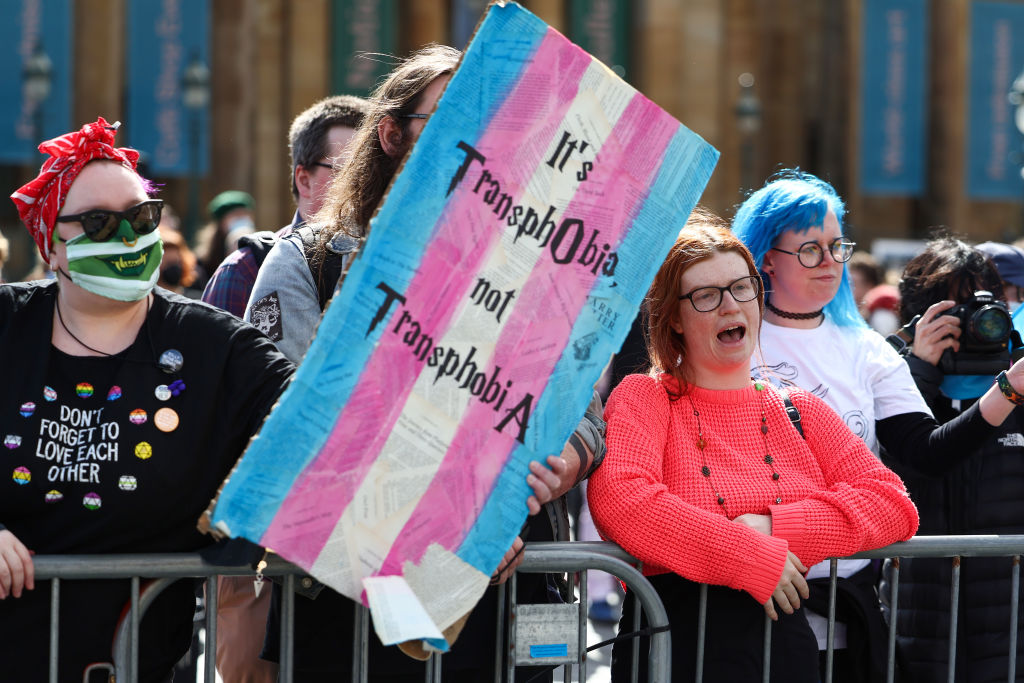









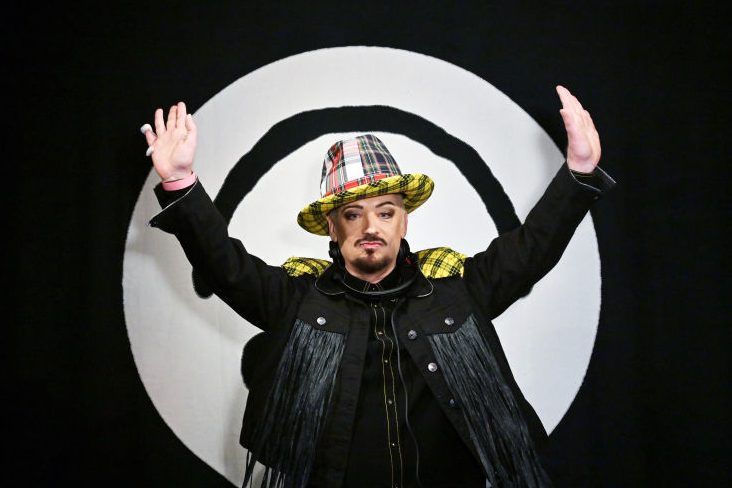
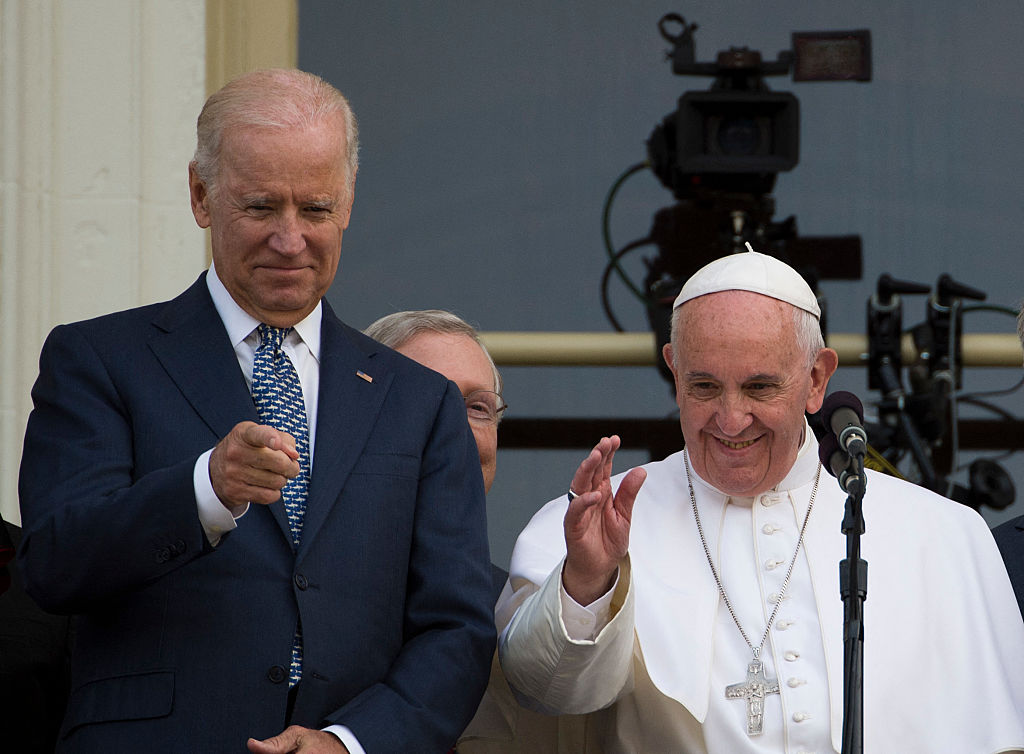
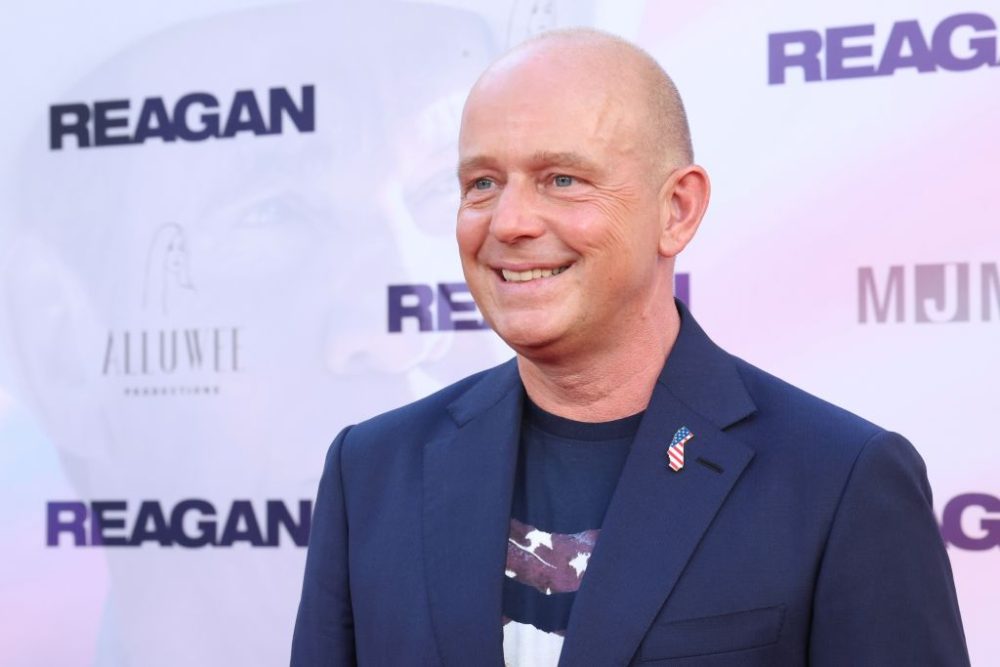


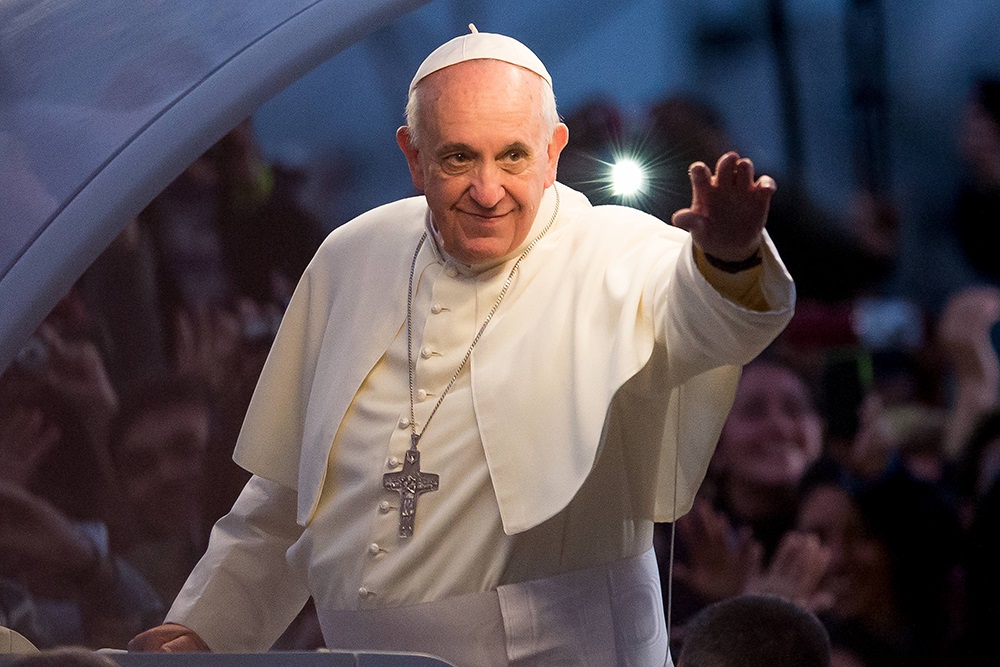







Leave a Reply